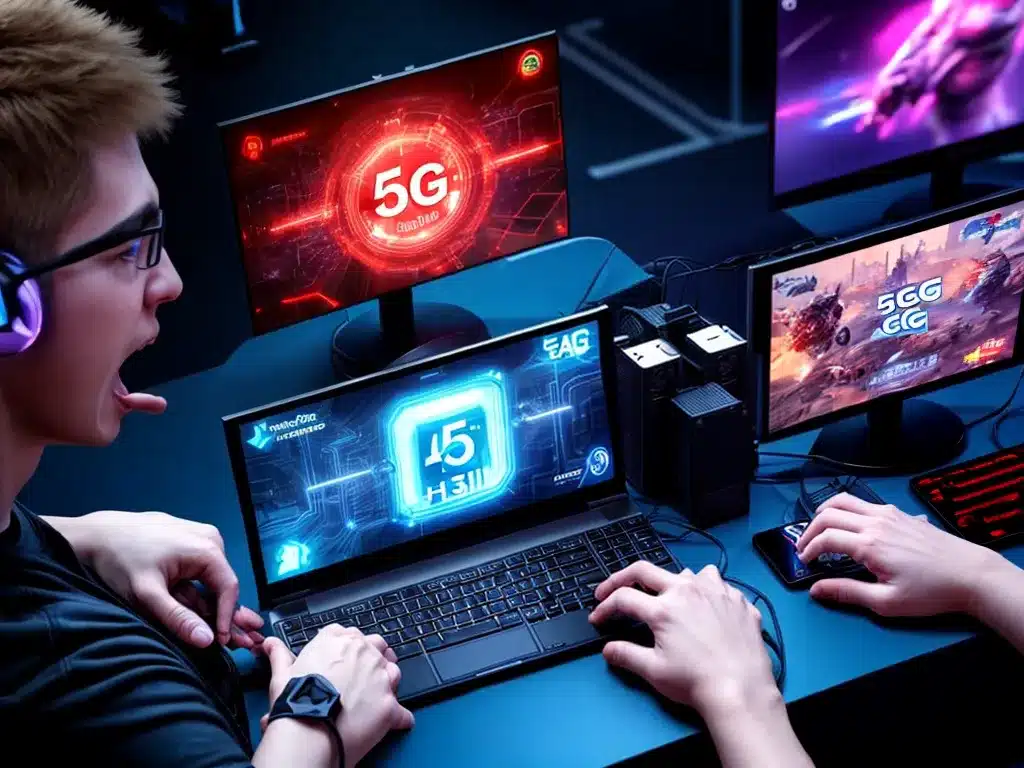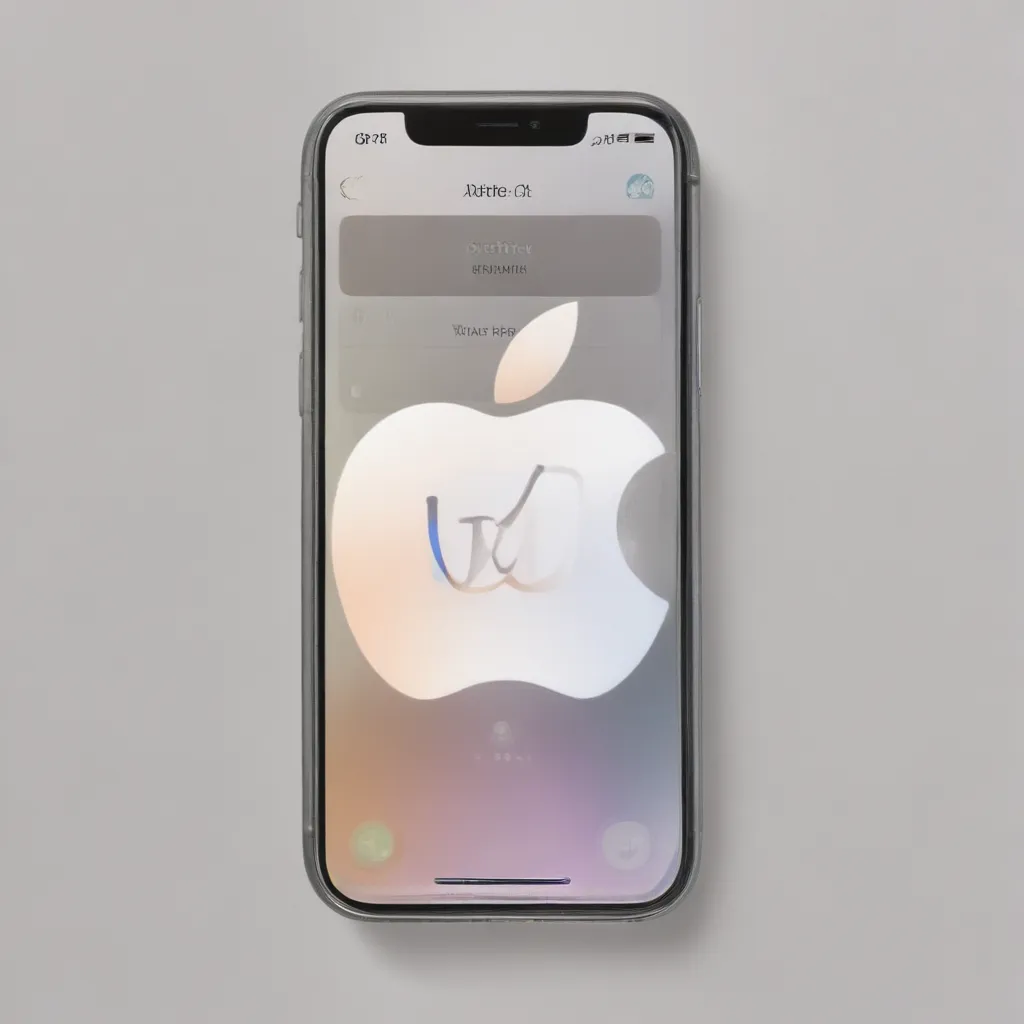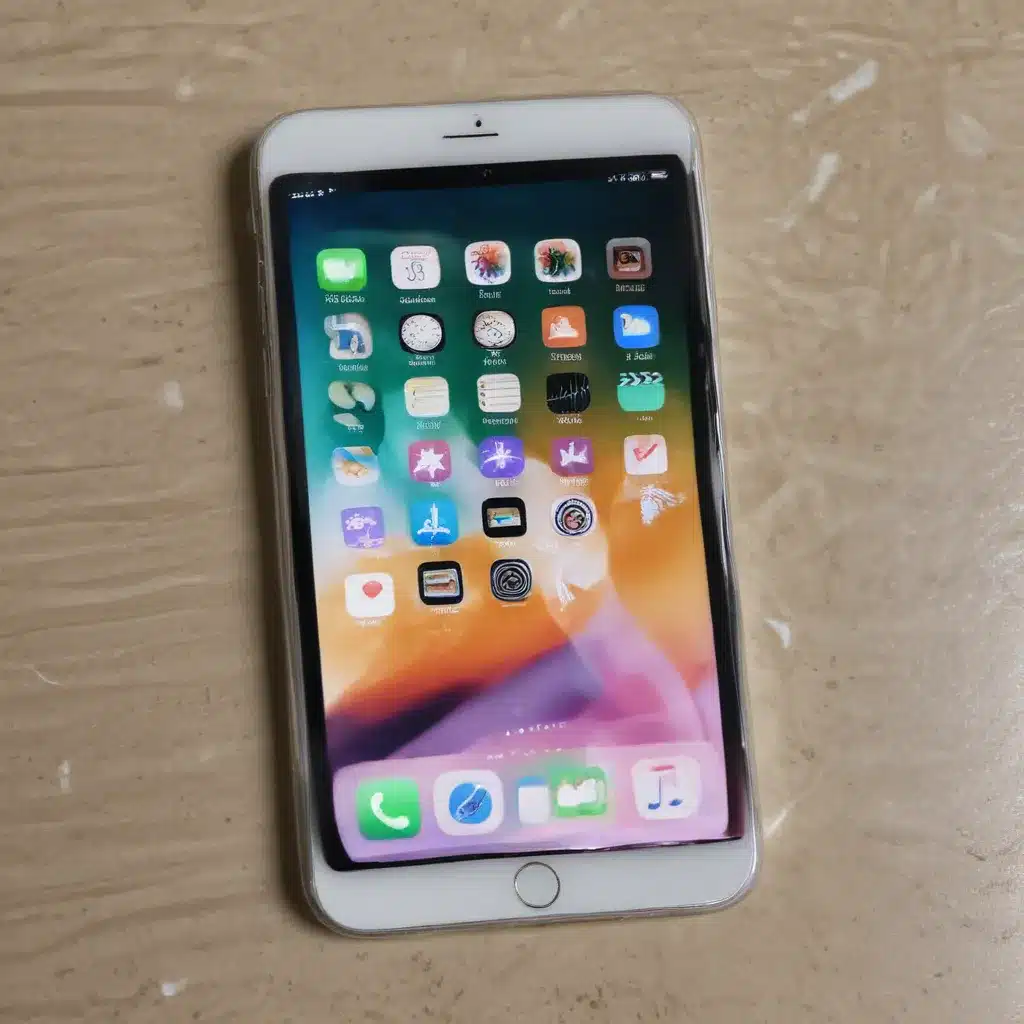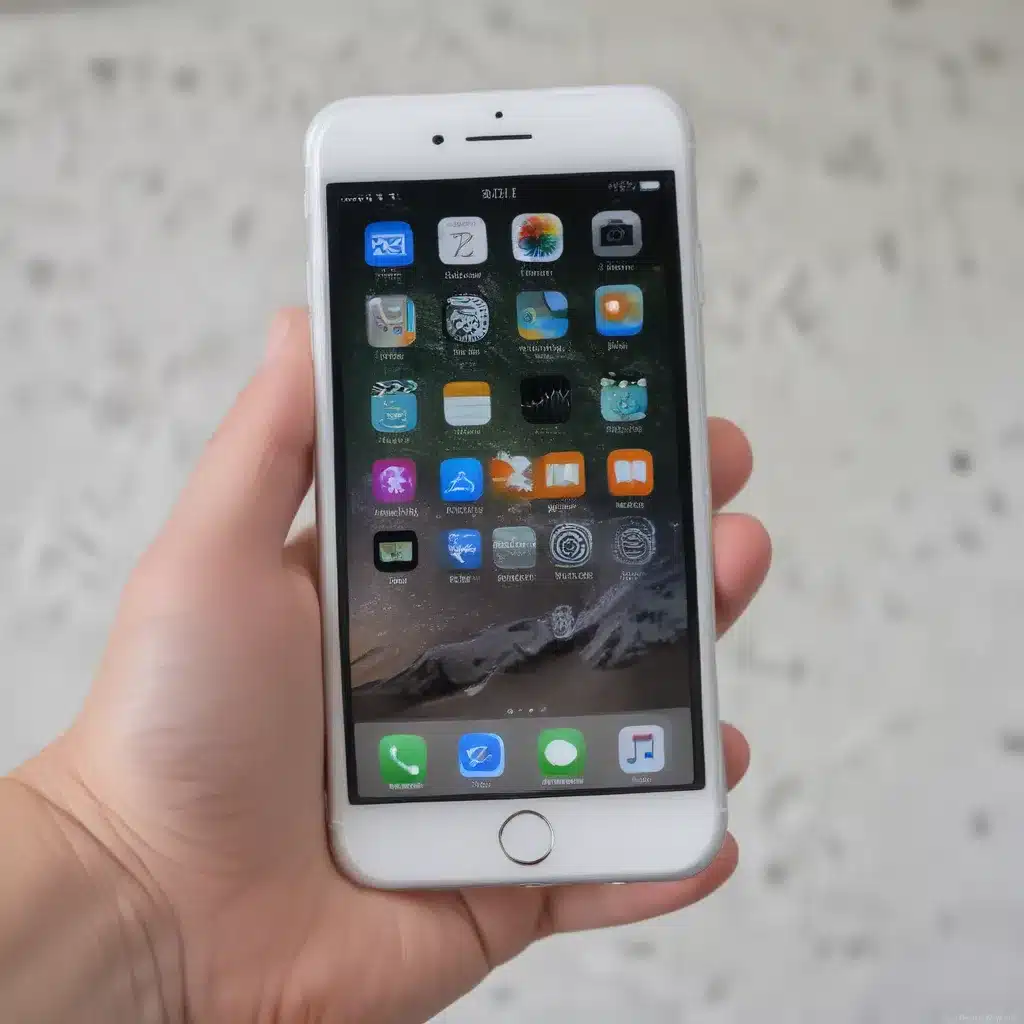How Technology like 5G Could Revolutionize Online Gaming
Online gaming has come a long way in recent years. As technology improves, gaming is becoming more immersive and engaging. The rollout of 5G connectivity has the potential to take online gaming to the next level. Here’s an in-depth look at how 5G could transform the online gaming experience.
Faster Speeds
One of the most obvious benefits of 5G is the incredible increase in speed. 5G offers speeds up to 100 times faster than current 4G networks. For online gaming, this means less latency and lag.
Games will respond instantly to your inputs. There will be no delay when you press a button or give a command. Real-time multiplayer games will feel even more immersive as all players experience the game at the same time. Faster speeds will also allow for larger numbers of simultaneous players.
Massively multiplayer online (MMO) games and battle royale titles will significantly improve. 5G enables these games to support larger maps, more detailed worlds, and greater numbers of concurrent players.
Enhanced Mobile Gaming
Mobile gaming will also get a major boost from 5G. Since 5G networks offer consistently high speeds even when multiple users are connected, mobile gaming won’t be plagued by lag or buffering.
Graphics-intensive titles like PUBG and Fortnite will load faster and run more smoothly on smartphones. This will greatly improve the gaming experience on the go.
Augmented reality (AR) mobile titles like Pokémon Go will reach new levels of interactivity. The low latency of 5G allows for precise coordination between the real and virtual worlds in real-time.
Cloud-Based Game Streaming
Game streaming services like Google Stadia and Microsoft xCloud rely on fast networks to deliver high-quality gaming experiences. These services run games on remote servers and stream the video output to users.
5G will take cloud gaming to the next level. Its high bandwidth capacity and quick speeds are ideal for streaming HD or 4K games with minimal lag. This could make console-quality gaming easily accessible on most devices.
Multiplayer Improvements
As mentioned earlier, 5G will provide huge improvements to multiplayer gaming across the board. In addition to reducing lag, 5G enables new forms of synchronous multiplayer experiences.
For example, augmented reality multiplayer games could allow groups of friends to play together in a shared virtual world overlaid on the real world. The low latency of 5G synchronizes these experiences perfectly in real-time.
Virtual Reality
Virtual reality (VR) gaming places heavy demands on networks. It requires high speeds and low latency to deliver an immersive experience without delays or interruptions.
5G is capable of meeting VR’s connectivity demands. It can wirelessly stream graphically complex VR games without disruption. This could enable compelling social VR experiences where groups of players enter expansive virtual worlds together.
The high bandwidth of 5G also makes wireless VR headsets feasible. Without the constraint of wires, VR gaming becomes much more flexible and interactive.
Accessibility
One important benefit of 5G for gaming is increased accessibility. 5G will make high-quality gaming available to more people by removing technical barriers.
With 5G’s wireless speeds, less hardware power will be needed locally. This opens up immersive gaming to cheaper and more portable devices.
Additionally, 5G enables game streaming services that remove the need for expensive gaming equipment. All you’ll need is a screen and a controller.
For these reasons, 5G has the potential to spread the world of gaming to wider and more mainstream audiences.
Conclusion
5G networks represent a major leap forward for connectivity. For the world of online gaming, the implications are extremely promising. Faster speeds, lower latency, and increased bandwidth will transform multiplayer experiences and allow new kinds of cloud-based and social gameplay. While widespread 5G adoption will take time, it’s an exciting development that could redefine gaming in the coming years. The potential for more immersive, interactive, and accessible gaming experiences is closer than ever.













